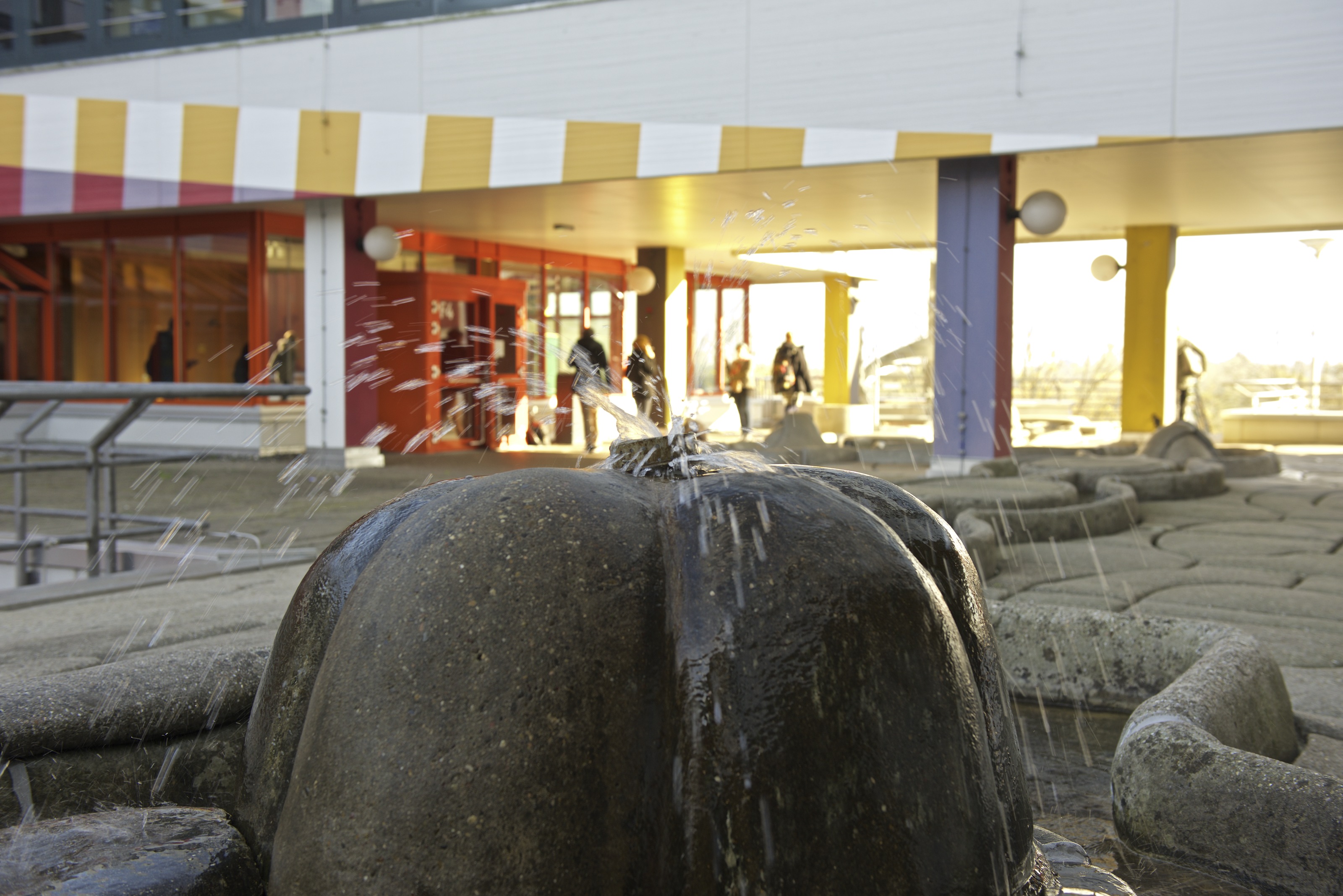
With, from and for one another
The University of Konstanz adopts concept on “self-perception and vision” regarding knowledge and technology transfer.
The Senate of the University of Konstanz adopted in its meeting on 18 January 2017 a declaration on "Wissens- und Technologietransfer an der Universität Konstanz: Selbstverständnis und Vision" (knowledge and technology transfer at the University of Konstanz: self-perception and vision). Herewith, the university explicitly affirms its commitment to the continuous development of knowledge and technology transfer as well as a culture of innovation.
The University of Konstanz defines its knowledge and technology transfer as a reciprocal process between science, industry, politics and society. Following the example of the position paper from the German Council of Science and Humanities in 2016, it categorises knowledge and technology transfer into three spheres of activity: “communication”, “advice” and “application”. All the various work carried out in regard to transfer is assigned to these three areas. The spectrum of this transfer work at the University of Konstanz is deliberately very broad: it ranges from diverse channels and measures relating to science communication all the way to the scientific consulting of policy makers, providing expert evaluation reports as well as creating spin-offs.
“The commitment to transfer is not only important to us because we view it as the university’s responsibility, but also and especially because we profit from interacting with society. As a result of this transfer, new topics and questions can be generated in different research areas, new and innovative answers can be found, or ‘realities can be balanced’“, says Professor Dirk Leuffen, Vice-rector for Research and Academic Staff Development at the University of Konstanz. Dirk Leuffen leads the knowledge and technology transfer project group. In 2015 / 2016, the University of Konstanz went through a transfer audit carried out by the German Stifterverband (a foundation which provides funding in the sciences and humanities) and the Heinz Nixdorf Stiftung. To support this audit, the university created a project group that developed, through a university-wide discussion process, the University of Konstanz’s self-perception and vision of how to best carry out knowledge and technology transfer.
Facts:
- Concept on self-perception and vision regarding knowledge and technology transfer is adopted by the University of Konstanz
- Central spheres of activity are “communication”, “advice” and “application”
